
Passive Aggressive Behavior How to Deal with Passive Aggressive People (Unabridged) su Apple Books
Passive-aggressive behavior is defined as behavior that is seemingly innocuous, accidental, or neutral but that indirectly displays an unconscious aggressive motive. People who are passive-aggressive are indirectly aggressive rather than being directly aggressive.
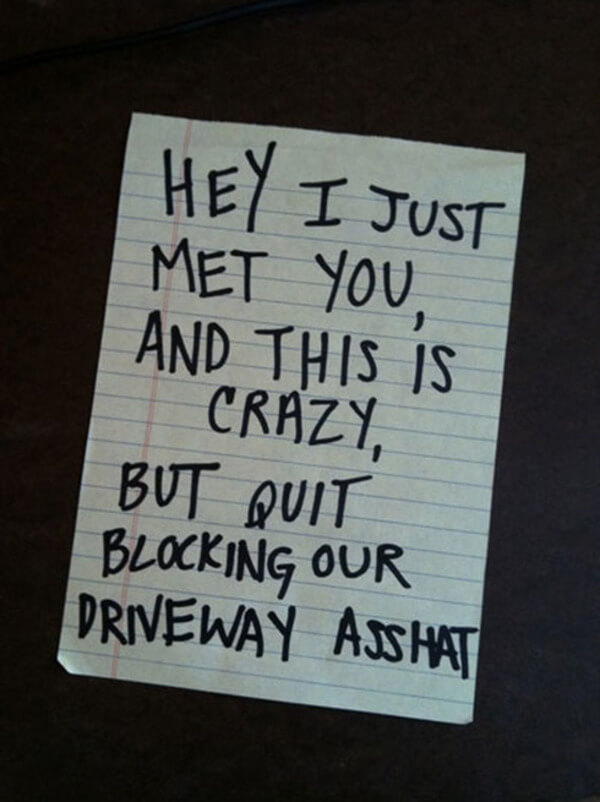
35 Examples That Perfectly Describe PassiveAggressive Behavior
A culture of "passive aggression" is being fuelled by workers feeling unable to express their frustrations directly with colleagues, an anger management expert said today.
:max_bytes(150000):strip_icc()/what-is-passive-aggressive-behavior-2795481_final-b89054754f3e4363ab921bcddcd8ff3d.png)
PassiveAggressive Behavior Definition, Examples, Tips
British people like to avoid saying what we really mean at work and in emails! What we SAY vs what we really mean in business English! ⭐ The Business English.
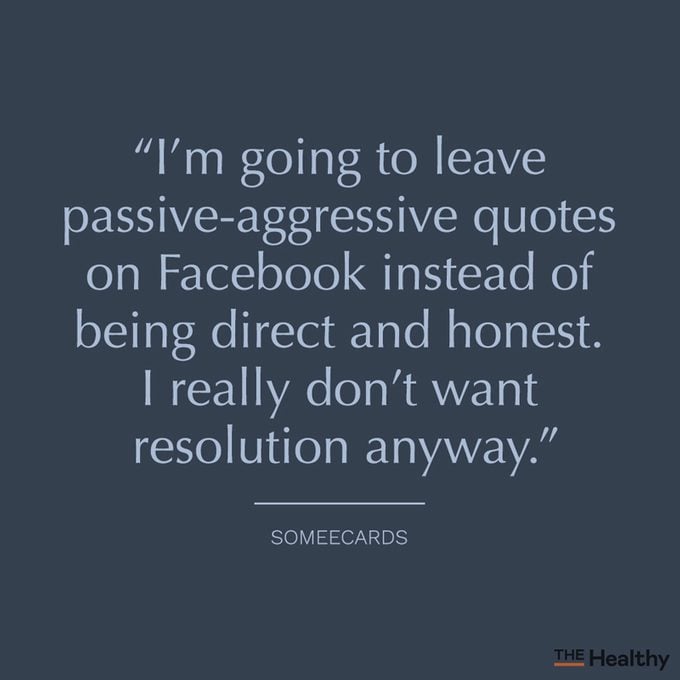
17 Quotes that Shed Light on PassiveAggressive Behavior The Healthy
Passive aggression often stems from underlying anger, sadness, or insecurity, of which the person may or may not be consciously aware. Passive-aggressive behavior may be an expression of.

No Context Brits on Twitter "British passive aggression at its most British, passive and
Americans often have trouble understanding Britons' use of sarcasm and passive-aggressive language, a survey has revealed. Common expressions like 'I'll bear it in mind' and 'with the greatest.

Are You Being Passive Aggressive? The Healthy
New YouGov survey indicates that Americans would miss the passive-aggressive British subtext in everyday phrases It has been said that Britain and America are two nations separated by a common language.

PassiveAggressive Behavior How To Recognize It Cleveland Clinic
My father reliably becomes passive aggressive, I suspect because he wants Christmas to be a certain way, with certain foods to his liking.
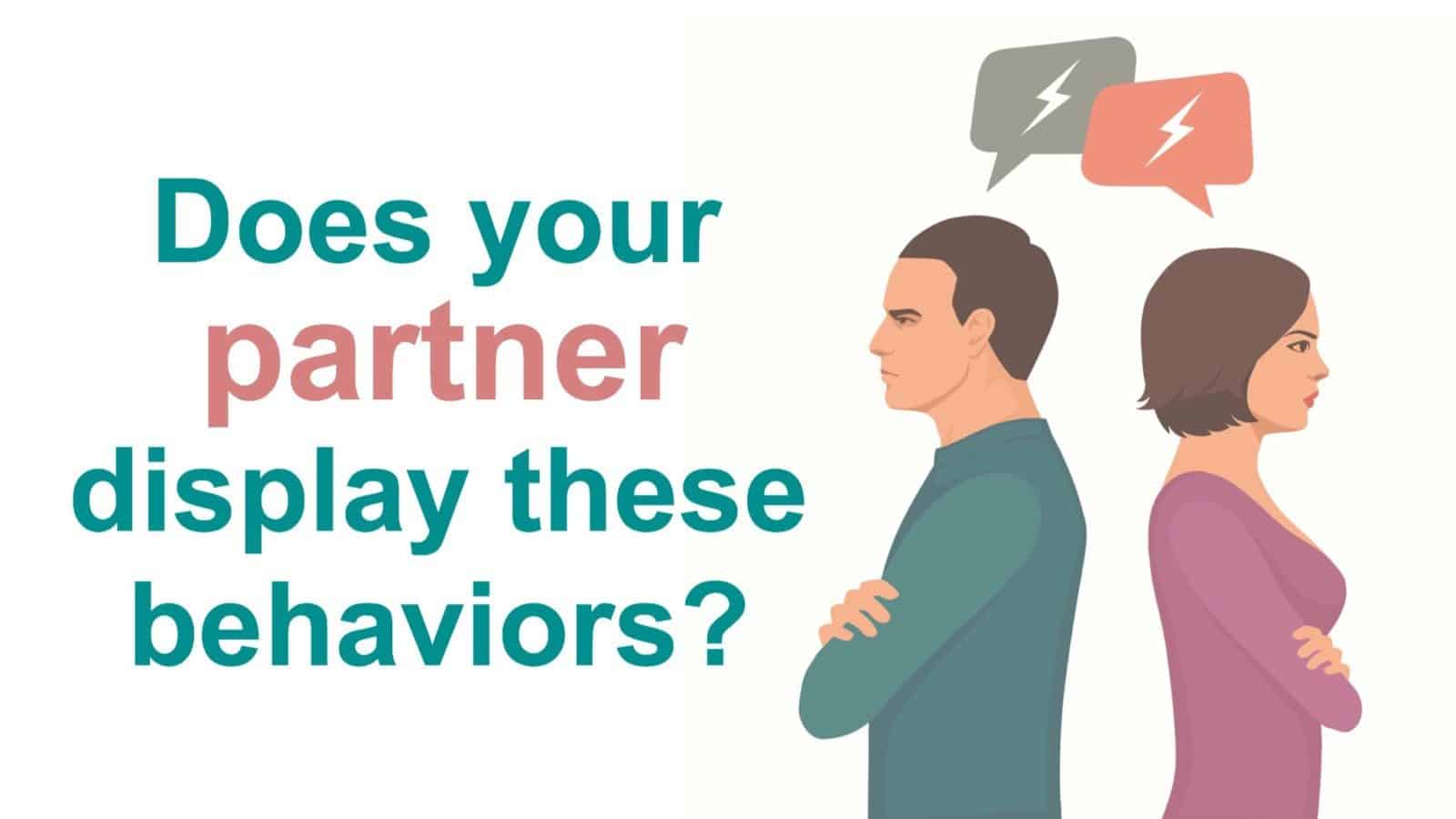
10 Signs Your Partner Has A Passive Aggressive Personality
Passive aggression can be found anywhere in Britain, though especially in the south-east, and is markedly different from our internationally-renowned dry humour, fabled politeness or stiff.
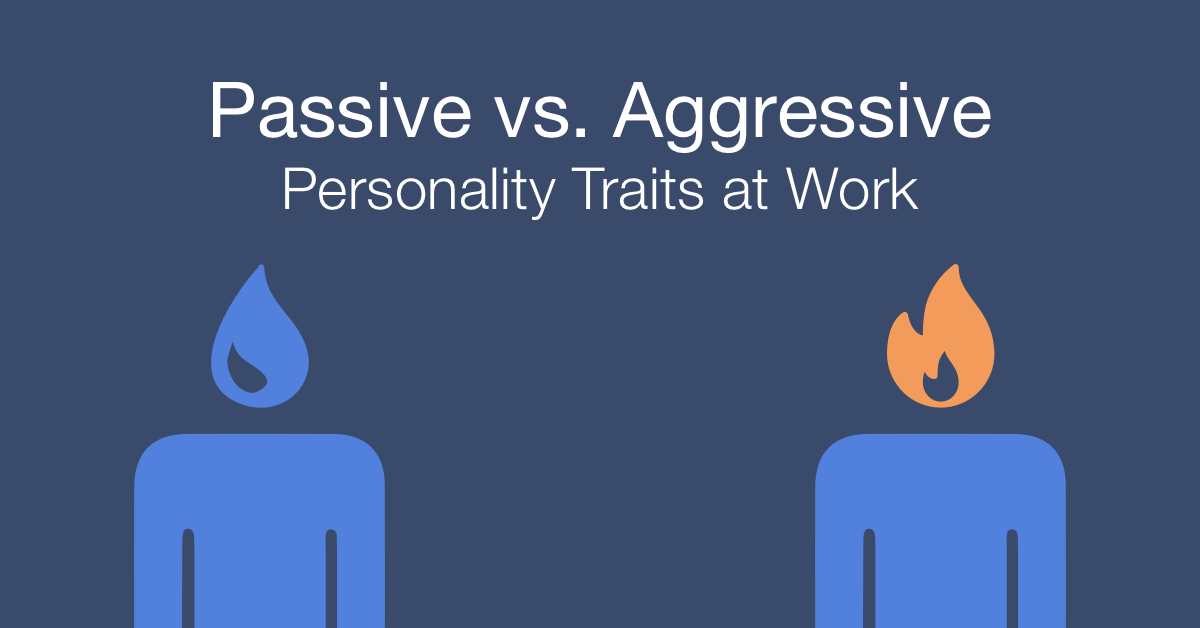
Passive vs. Aggressive Personality Traits Hire Success®
Generally, a passive aggressive comment or behavior is the demonstration of negative feelings or disagreement in a discreet subtle manner. Instead of blaming, Brits tend to evade conflicts by.

Psychology Explains Five Causes of Passive Aggression
r/AskUK • 2 yr. ago Knightower Why is passive aggression common and acceptable in the UK? I come from a society where if you have been wronged, you will let the other person know about it. Often times there is miscommunication or someone had no intention to wrong you, so we approach them and explain how their actions have affected us.
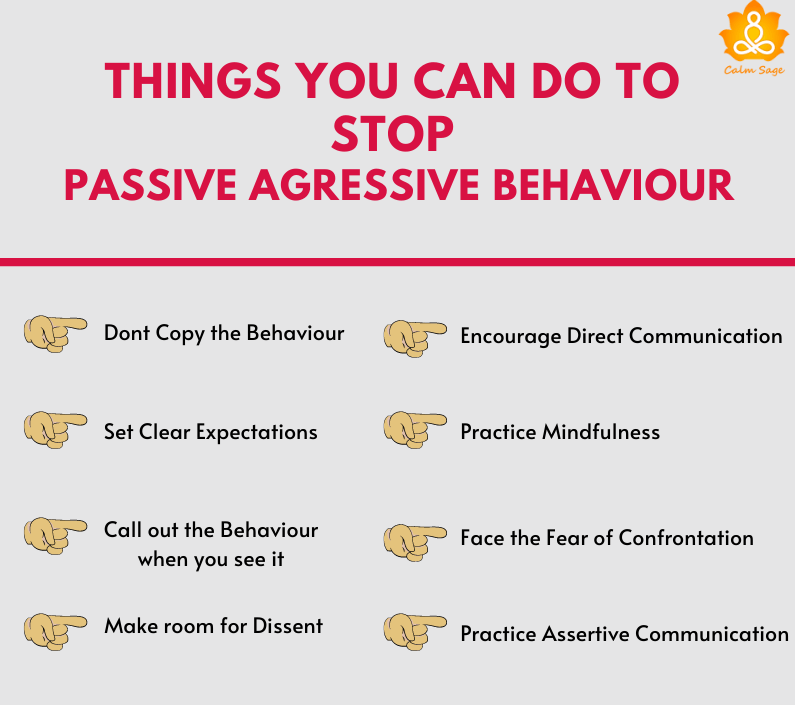
Passive Aggressive Behavior Signs You Are Using It To Cope
showing an unwillingness to be helpful or friendly, without expressing your anger openly: passive-aggressive behaviour SMART Vocabulary: related words and phrases Unhelpful and Uncooperative awkward awkwardly awkwardness balky deterrent non-constructive non-cooperation non-cooperative obstructionism obstructionist pre-emptive stiflingly stultifying

How to your passiveaggressive tendencies The Business Journals
Constant complaining about being underrated and underappreciated by others. Sullen attitude, sulks and sights, eye-rolling. Unwillingness to cooperate and work as a team member. Even though passive-aggressive behavior can seem normal, in reality, it is highly toxic and destructive.
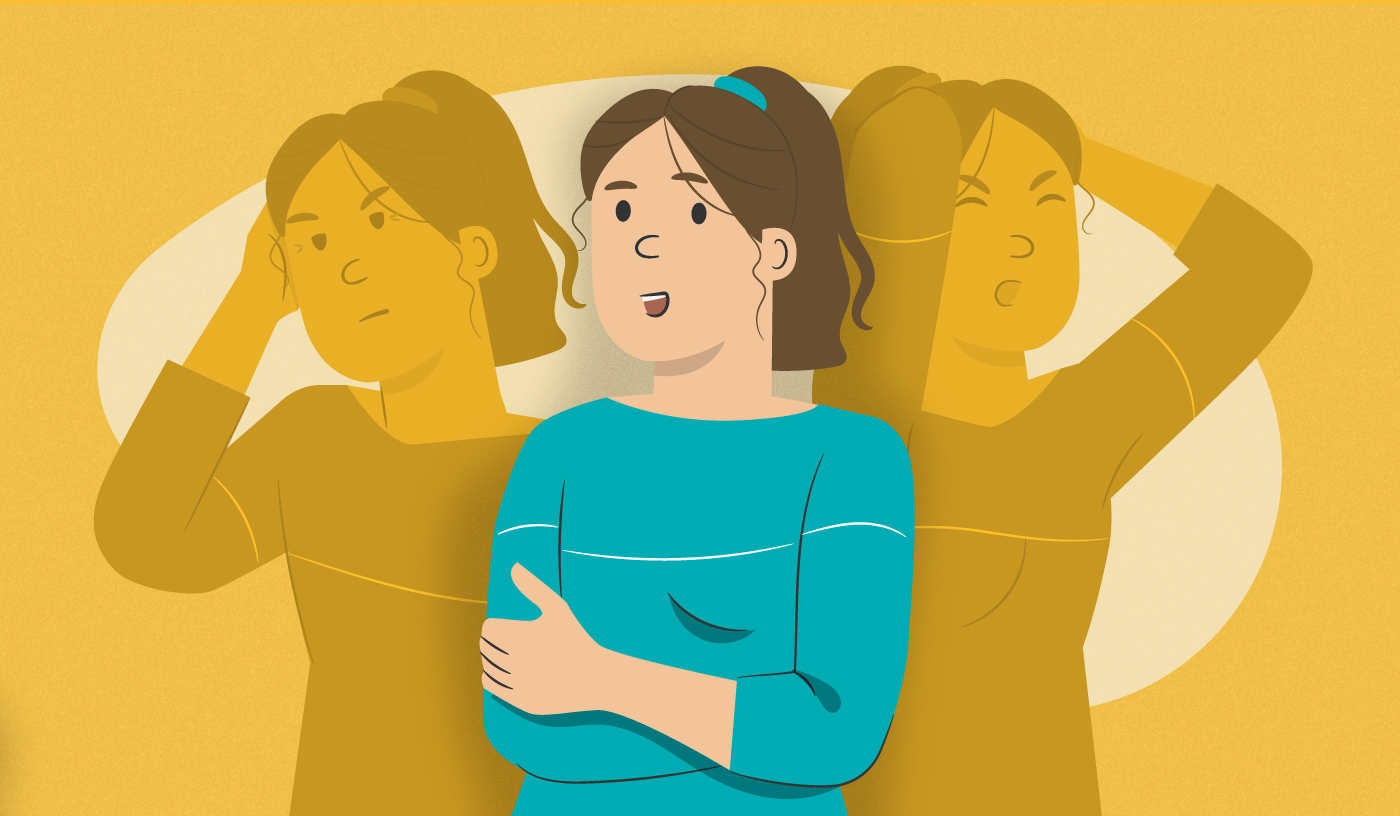
Passive Aggression at Work (Why It Happens and How to Stop It)
Image by Terri Cnudde from Pixabay. Ah, reader! You have caught me, a true Brit, in the middle of writing a passive-aggressive message to my partner. The message is overtly polite, of course, and.
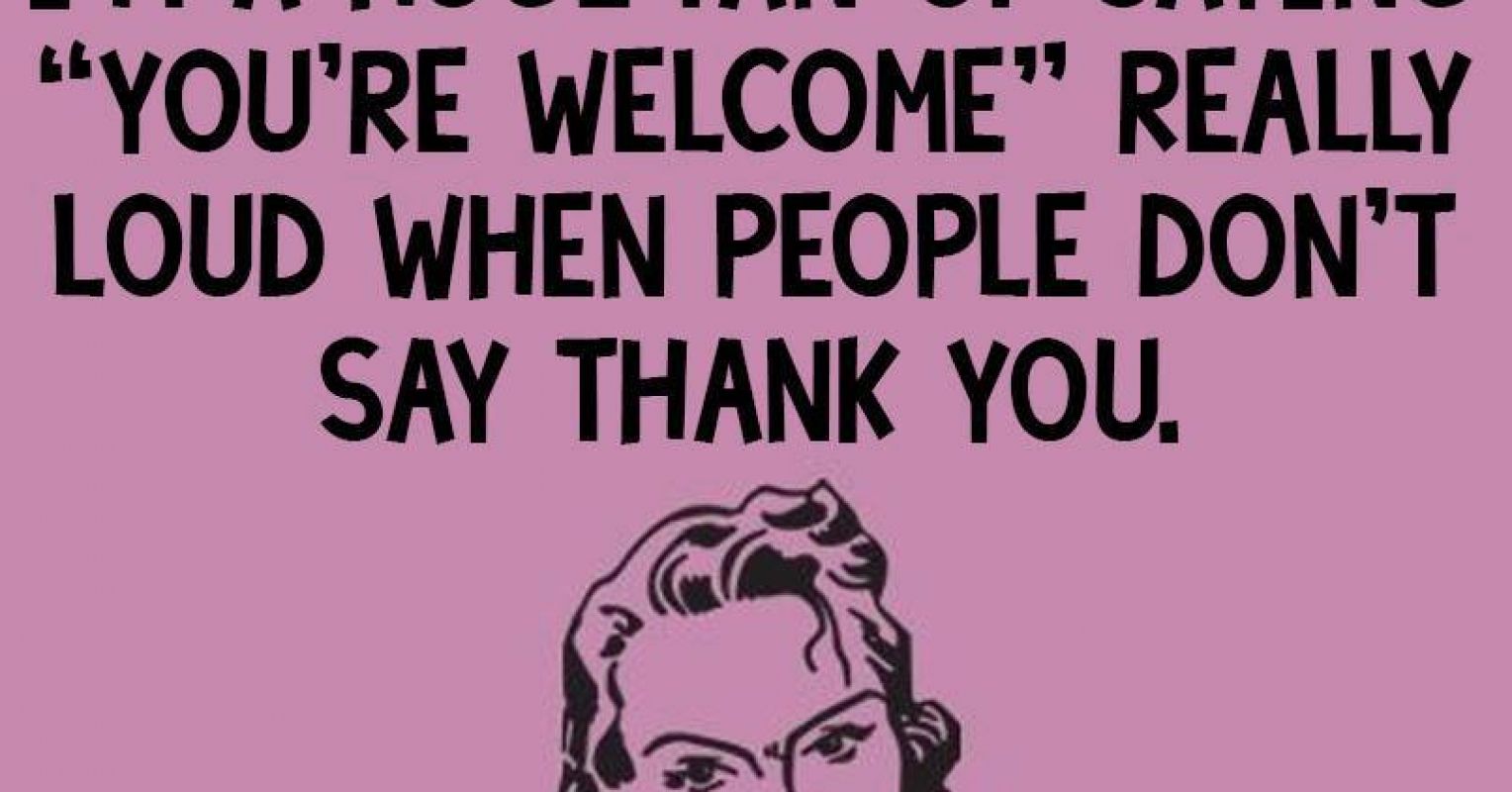
Understanding Passive Aggressive Behavior Psychology Today
When it comes to conflict in the workplace, Fitzgerald said Brits tend to be more passive-aggressive than their American counterparts.

How to handle a passiveaggressive colleague CNN
Passive aggressive people are angry - perhaps even more so than active aggressive people. But while active aggressive people demonstrate their anger very noticeably, passive aggressive people often fly below the radar. Because that's just their intention; they are keenly aware of how acting out their anger is unacceptable in most situations.
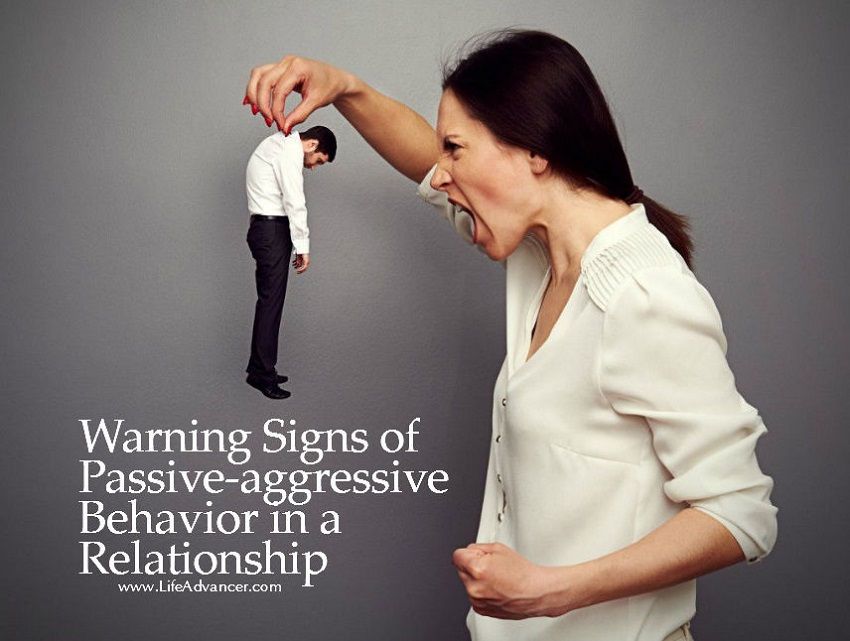
Warning Signs of PassiveAggressive Behavior in Relationships
Passive aggression is a way of expressing negative feelings, such as anger or annoyance, indirectly instead of directly. Passive-aggressive behaviors are often difficult to identify and can.